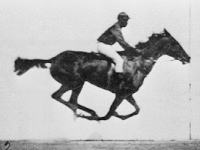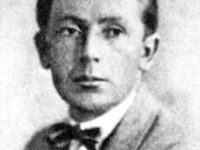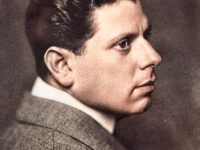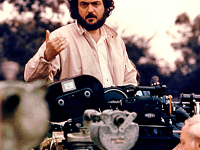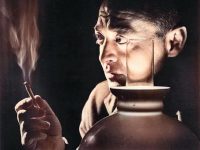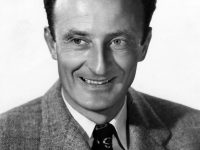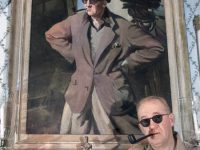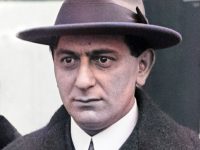The Kinetoscope and Edison’s Wrong Way to Invent the Cinema
On April 14, 1894, chief engineer William K. L. Dickson in the team of Thomas Alva Edison, presents the newly invented Kinetoscope, an early motion picture exhibition device designed for films to be viewed by one individual at a time through a peephole viewer window at the top of the device. Merely a Fairground Attraction Ok, according to Edison, the cinema would never have become the silver screen you know, but would have…
Read more


